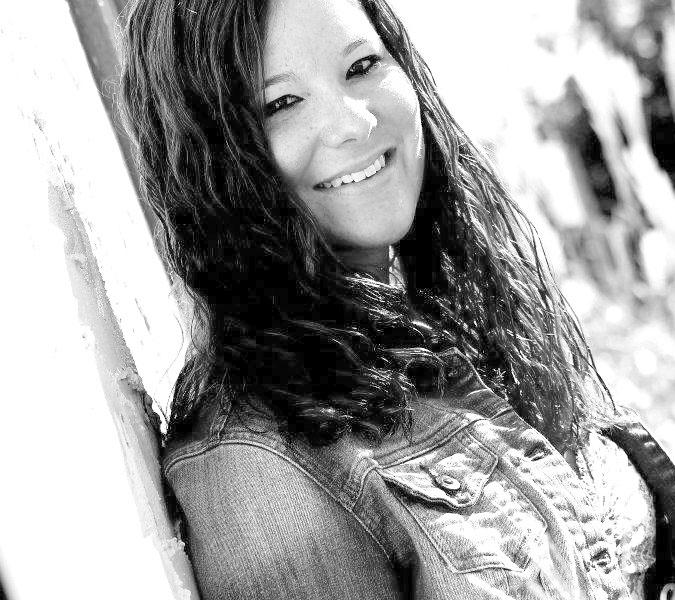Sophomore Molly Swihart didn’t realize her drinking was spiraling out of control until a doctor was leaning over her telling her she may die.
She had overdosed on sleeping pills the night before because she had been drinking and couldn’t figure out how many to take.
“That’s the moment I had gone too far and overstepped the line,” the elementary education major said.
Swihart was part of the growing number of college students abusing alcohol.
According to the National Institute on Alcohol Abuse and Alcoholism, about 25 percent of college students report academic consequences due to drinking, including missing class and falling behind.
In 2012, 1,825 college students died from unintentional, alcohol-related injuries.
Swihart said she began seeing the consequences of her drinking the second semester of her freshman year of college.
“I made excuses that the classes were hard, but looking back now, I realize that I was drinking every single day, and I didn’t want to blame the alcohol,” she said. “I just wanted to say I wasn’t smart enough or the teachers were mean.”
She began sleeping through work and her friendships started to fall apart.
“If someone wanted to hang out and not drink, I would make excuses and go out with someone else,” she said.
After overdosing, she was somewhat coerced into seeking help and has been sober for four months. She even just received her first A on a test during her college career.
“My friends are a lot happier with me, and I realized I have better relationships with people. It’s not just those ‘drinking friends,’” she said. “I lost a lot of friends because of this but they were people who were hurting my life.
Christine Johnston, assistant program director for student wellness, said there are red flags to look for when a student thinks a friend may be abusing alcohol.
“Students may talk the next day that they’re regretful for what happened,” she said. “We understand college students make choices, and they’re not always the healthiest, but it’s when a pattern of drinking or regrets are established.”
She said excessive drinking can impact students’s lives in different ways, including lower GPAs and engaging in risky behavior.
“A lot of students who drink to excess or to unsafe levels – they engage in behavior they normally wouldn’t have engaged in sober, like sexual encounters with someone they wouldn’t have sex with sober, not using a condom, getting into a fight or damaging property,” she said.
She also said that alcohol is associated with sexual assault.
“The majority of times a sexual assault occurs, one or both individuals have been drinking,” she said.
For safer drinking, Johnston encourages students to do things like order a glass of water with every alcoholic beverage, set a limit for how much to drink, eat before and while drinking and choose someone to be a “sober” driver.
She also said not to leave drinks unattended and to throw away a drink that smells or tastes different.
Students are also encouraged to call the police if someone is injured or appears to be in danger while drinking and not fear repercussions under Indiana’s medical amnesty law.



